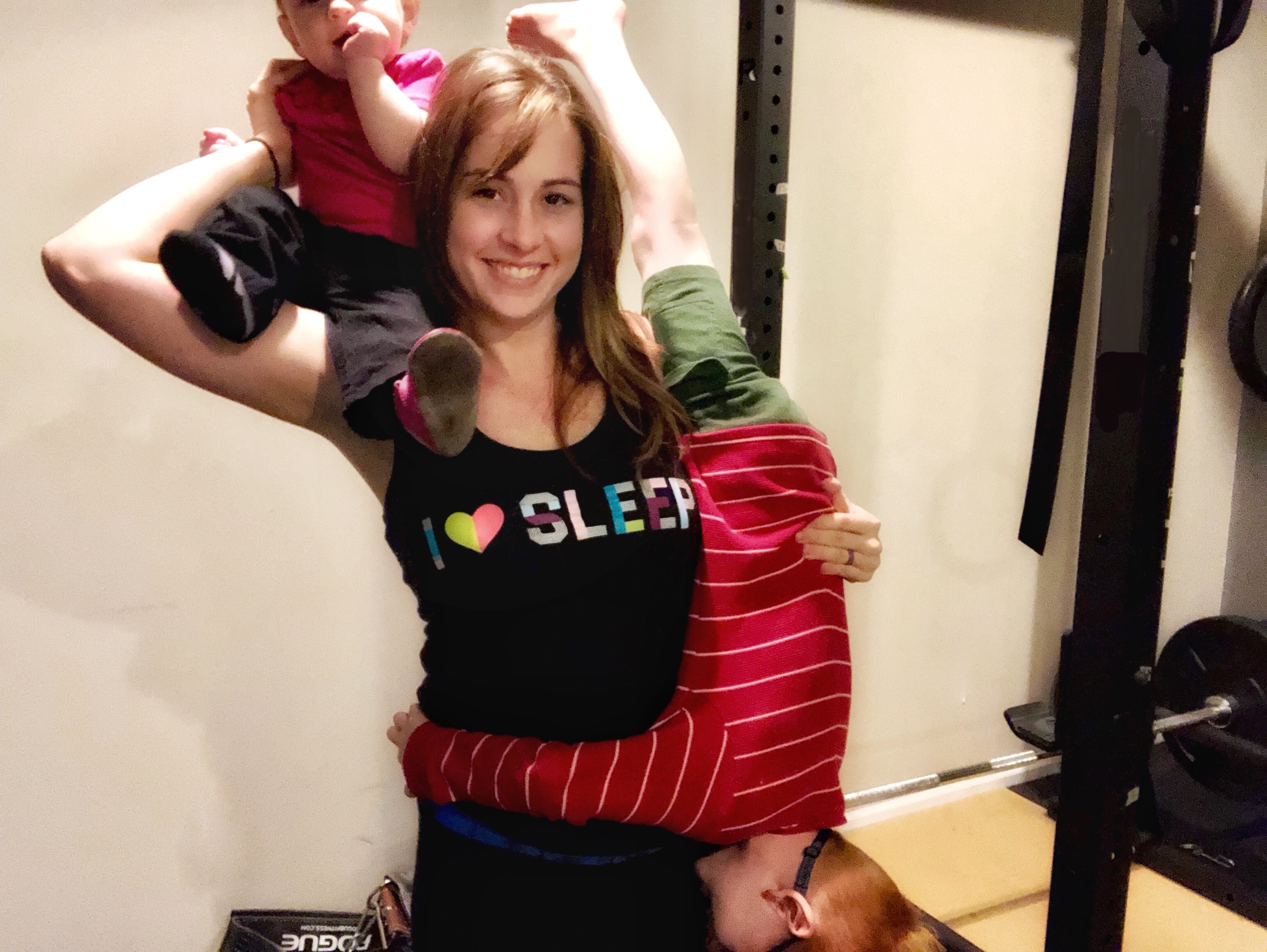Is Protein Really All That Important?
- Megan Marcum

- Mar 11, 2019
- 3 min read
Updated: May 28, 2021

Protein powder, protein shakes, protein bars… I bet there’ll even be a hot, new club in L.A. opening soon called, “Protein.”
There’s no doubt you need protein in your diet.
The question is, do you need as much as some people think, or is it over-hyped and over-consumed?
The Benefits of Protein
Do you know what nutrient is responsible for enabling the majority of your body’s functions?
If you guessed protein, I’ll assume you based that off the title of this article.
You’re right!
(If you guessed riboflavin, I’ll assume you just like saying riboflavin. You’re wrong, but I can’t really fault you… Riboflavin.)
Not only is protein important for keeping your body in good working order (as if that isn’t enough), it also has at least 5 other benefits that are relevant to the average dieter:
1. It Keeps You Full Longer
High quality protein fills you up faster, and keeps you full longer.
In other words, if you eat a meal high in protein, you’ll eat less calories than you would if the meal were high fat or high carb.
2. Thermogenesis
Protein takes more energy to digest than other foods (this is often called the thermic effect of food, or thermogenesis).
This means if you eat 100 calories of protein, your body burns 30 calories just digesting it (compared to 3 for fat, 8 for carbs). Making it more like you ate 70 calories rather than 100.
This shouldn’t change how you calculate calories. It’s just an added bonus that comes when eating protein.
3. It Builds/Preserves Muscle
Building muscle tends to make people think of bodybuilders with oversized muscles, and veins that stick out more than their steroid-shrunken… never mind, that’s low hanging fruit.
It’s not a fair outlook.
Even if you have no desire to get huge, you’d still benefit from putting on a bit more muscle. Both for your health, and to lean out or tone up.
4. More Calories Burned
Having more muscle in your body means you burn more calories throughout the day.
It’s not magic. You can have lots of muscle and lots of fat at the same time. But if your goal is fat loss, a little muscle is just another tool to make it slightly easier.
Protein facilitates that.
5. No Down Side
There’s a prevalent myth saying high protein diets cause kidney or liver damage.
There’s no evidence to back this up.
Any stories you’ve heard suggesting otherwise are about people who already had some kind of kidney damage/disease (check with your doctor if you have questions).
How Much Do You Need?
A quick search online could easily have a 150 pound person thinking they should eat as little as 54 grams a day, or as much as 300 grams, depending on the source.
On the low end, you have the RDA of 0.36 grams per pound of bodyweight (0.8g per kg). A lot of people misunderstand this guideline as being an optimal amount.
It’s not.
It’s the minimal amount your body needs to function. If you want your body to work optimally (and lose fat efficiently), you’ll likely need a lot more. Especially if you exercise.
How much more depends on a lot of variables, but for the average person who’s just trying to lose weight or get in a little better shape, 20-30g per meal for women is a good goal, with 40-60g per meal being better for men (both around 3-4 meals per day).
Since counting grams is a pain in the butt, an even easier solution is to get 1 palm sized portion at each meal for women, 2 palm sized portions for men. (Learn more about this here).
In Summary
If you don’t eat enough protein, there are many side effects. Gaining (or not being able to lose) weight is just one of them.
On the other hand, (assuming you have no underlying health issues) there’s not an intrinsic downside to eating more protein than you need.
That’s no reason to believe protein is magic — more isn’t necessarily better. It IS a good reason to make it a priority at every meal (as outlined above).
Just don’t feel like you have to force it too much, and never sacrifice quality for quantity.
If you’d like to make protein a more important part of your diet, it’s one of 12 habits we recommend in our book “Forever Fat Loss,” which you can download here.


























Comments